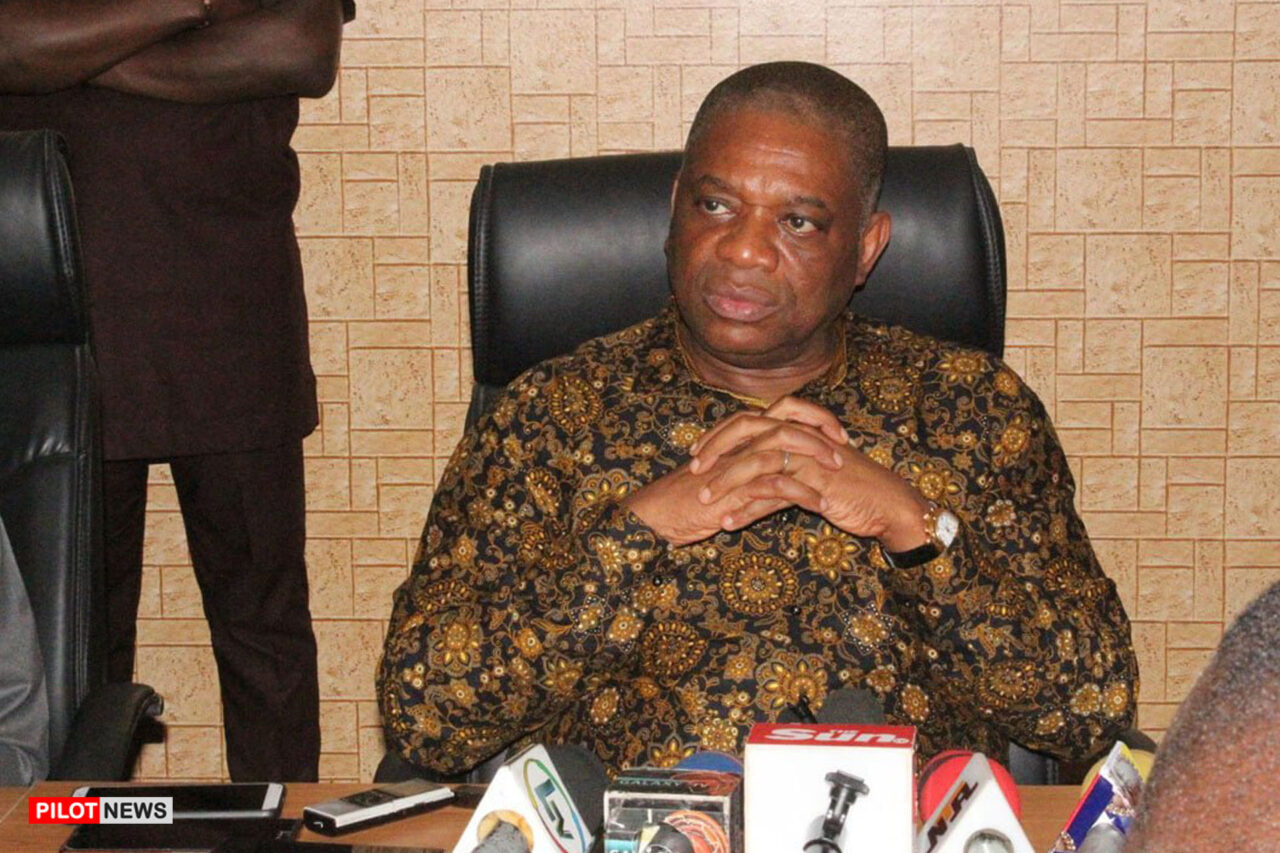The Senate of the Federal Republic of Nigeria on Wednesday passed the second reading of the Electric Vehicle Transition and Green Mobility Bill 2025, signalling the country’s intention to gradually phase out petrol-powered vehicles and embrace electric mobility.
The Bill, sponsored by Orji Uzor Kalu (Abia North), seeks to establish a national legal framework for the transition to electric vehicles (EVs), encourage local manufacturing, and bolster Nigeria’s commitment to environmental sustainability.
During the plenary, lawmakers expressed strong support for the legislation, describing it as “a necessary step to diversify the economy and align with global clean energy trends.”
Senator Kalu, leading the debate, stated that the Bill aims to transform Nigeria’s automotive and energy sectors, foster innovation, and create jobs throughout the manufacturing value chain.
He emphasised that “The global electric vehicle industry is projected to exceed USD 1.5 trillion by 2030.” He also cautioned that “Nigeria risks being left behind without decisive action.”
According to provisions available in the draft legislation:
- Incentives such as tax holidays, import-duty waivers, toll exemptions, and subsidies will be offered both to EV users and investors.
- All fuel service stations nationwide will be required to install electric-vehicle charging points.
- Foreign automakers seeking to sell EVs in Nigeria must partner with licensed local assemblers and establish domestic assembly plants within three years. By 2030, they must source at least 30 per cent of their components locally or face penalties.
- Companies failing to meet specified production targets or local-content requirements may incur fines up to ₦250 million; unlicensed importers risk penalties up to ₦500 million and confiscation of goods.
- Nigerian firms assembling EVs must produce at least 5,000 units annually and meet international safety and technical standards. Investors in charging infrastructure will qualify for grants and tax credits.
Senate President Godswill Akpabio described the Bill as “a very good innovation” that positions Nigeria to prepare for the future of transportation and energy.
The Bill was referred to the Senate Committee on Industry for further scrutiny, and a report is expected within four weeks ahead of a third reading and final passage.
The transport sector in Nigeria contributes significantly to greenhouse gas emissions, estimated at 25–30 per cent, according to Senator Kalu.
By introducing this Bill, Nigeria aims not only to reduce emissions and improve public health in congested cities like Lagos and Kano, but also to tap into the burgeoning global EV market and deepen industrial capacity at home.
In another development, the People’s Bank of China revealed plans to establish an electric-vehicle plant in Nigeria during a diplomatic visit, highlighting Nigeria’s potential role as an EV hub in Africa.
- Civil Society Group to Stage Protests in Kaduna Against El-Rufai - March 2, 2026
- Oil Prices Hit $79, Surpass Nigeria’s Budget Benchmark - March 2, 2026
- A Decade After Chibok Abduction, Documentary Spotlight Parents’ Pain - March 2, 2026

